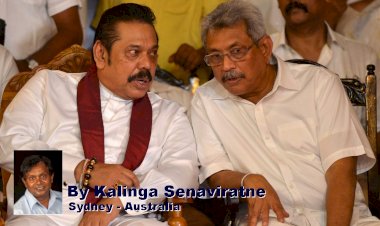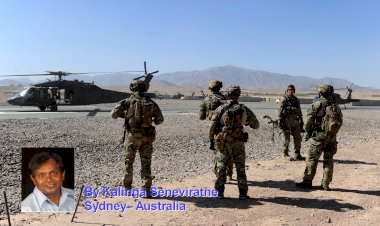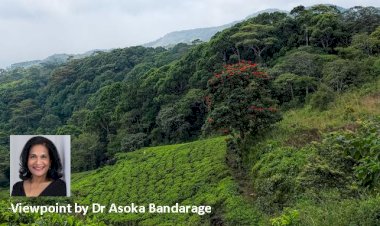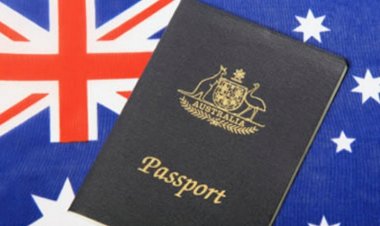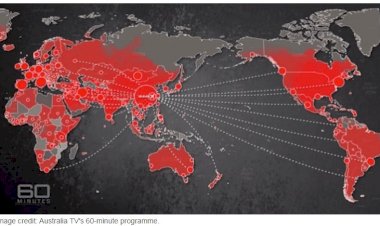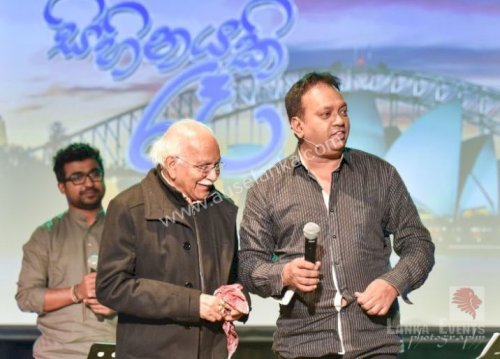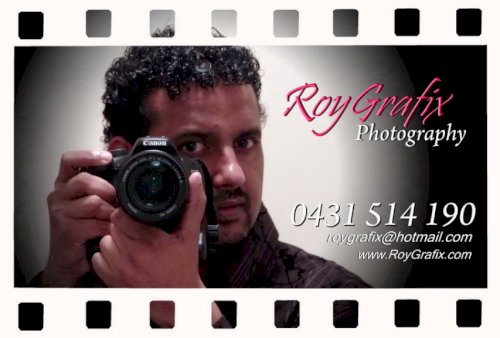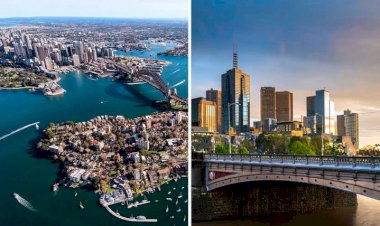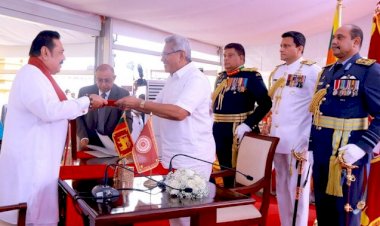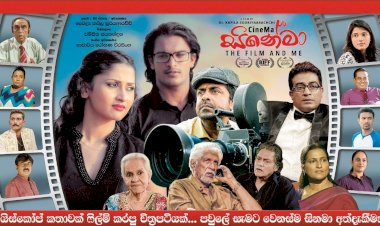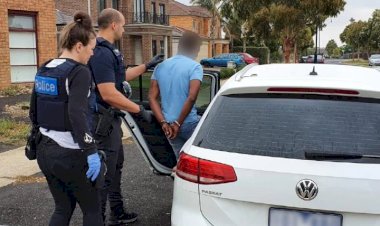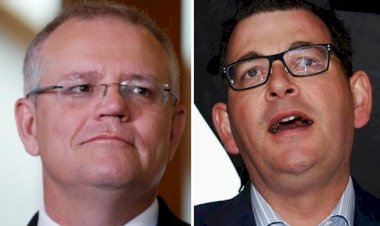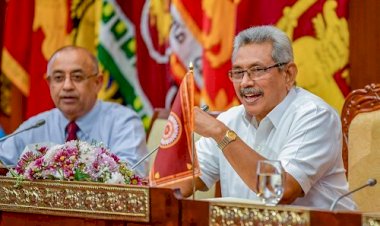One Nation, Six Governments – COVID-19 Battle Uncovers Australian Federalism
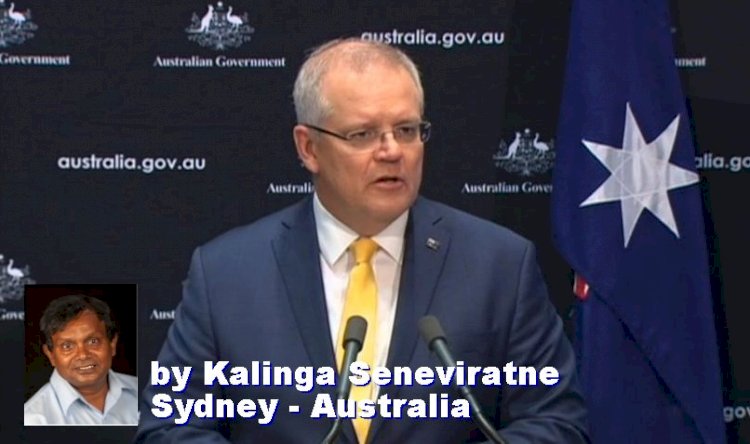
By Kalinga Seneviratne
China may have one nation and two systems, but in Australia, it looks like there is one nation and six systems. As the second wave of coronavirus spreads across the continent, the State Premiers have taken unilateral decisions to close borders to travellers from other states to the dismay of Prime Minister Scott Morrison.
Speaking at the Bush (Regional) Summit on August 28, Morrison bemoaned “Australia was not built to have internal borders, in fact the very point of federalism was not to have them”. While acknowledging that COVID-19 has touched people everywhere, he added, “We must not allow this crisis, this pandemic, to force us to retreat into provincialism. That’s not the answer”.
Federalism was adopted in Australia on January 1, 1901, when the six self-governing Australian colonies of New South Wales (NSW), Queensland, South Australia (SA), Tasmania, Victoria, and Western Australia (WA) federated, formally constituting the Commonwealth of Australia.
Federalism is a type of government in which the power is divided between the national government and other governmental units such as State Governments with their own Premiers and Cabinet. However national economic planning, foreign policy and defence are the domain of the national government that is based in Canberra, Australia’s national capital.
The border closures by state governments have come into renewed scrutiny and criticism, after the death of unborn twins to an NSW mother who could not get approval to cross the border to Queensland in time for emergency surgery.
SBS Television featured this week a South Sudanese migrant mother in Sydney, who could not go to Adelaide in SA to perform the traditional last rites for her daughter who died suddenly there. She’s been struggling to get permission to travel inter-state for four weeks. After the television expose’, she was given permission to cross the state borders but under the condition that she has to quarantine there for two weeks before performing the last rites for the daughter.
Until the COVID-19 pandemic, Australia’s state borders were almost non-existent for travellers. There were no border checkpoints on the roads, and one was not even aware that a border has been crossed. If you fly between states, you would just walk off the flight upon arrival, picking off the bags on the way out. But today, borders are manned by police checkpoints, sometimes assisted by army personnel. There are also checks at airports and travellers are escorted to quarantine facilities.
In border areas, especially between NSW and Victoria, and NSW and Queensland, people are made to feel as if they live in two different countries. They used to cross borders to work, to go shopping, for medical services or for farm supplies, even sometimes to send children to school daily, now they are not allowed to do so unless special permission is obtained.
Farmers are being badly hit by the border closures. This week federal agriculture minister David Littleproud made a plea for “common sense” to prevail over border restrictions, for farm produce to move across Australia’s state borders freely. Minister accused state leaders of focusing only on urban communities and neglecting the needs of rural farming communities where the virus is almost non-existent. He wants farmers to have freedom of navigation for agricultural produce, which would allow them to cross closed state borders.
“It’s really distressing not only for businesses but when you see the human toll of people not being able to access medical attention because that’s where they get it from the other side of the border,” he told the national broadcaster ABC TV’s Insider program.
Ironically, at the beginning of the pandemic, regional communities closed themselves off worried that their vulnerable healthcare systems would be overwhelmed by people from more populated areas travelling to smaller communities to isolate.
When the second coronavirus wave hit Melbourne in July, Victorian premier Daniel Andrews put some 5 million people under a six-week lockdown to help stem its spread. The second wave came when the virus sneaked out from a quarantined hotel through part-time security guards. The Premier blamed the federal government for the outbreak claiming that Melbourne had to take in a larger portion of Australians returning home because many flights landed there, and they could not provide enough trained security officers to man the quarantine hotels. He had to ask for assistance from the national army when the lockdowns were introduced.
In turn, most states closed their border to Victorians with Premiers in other states starting to talk about protecting Queenslanders, South Australians, Tasmanians or Western Australians rather than Australians. Since, a few states are ruled by the Labour Party, which is in opposition in the federal parliament, certain premiers were accused of playing politics.
Home Affairs Minister Peter Dutton accused Queensland’s Labour Premier Annastacia Palaszczuk of “playing politics” after she said that her state’s hospitals are only for Queenslanders, even though her state has very few COVID-19 cases. Dutton said that since Queensland had the highest unemployment rate in Australia before the coronavirus pandemic came, “people of Queensland understand the closure of the border is political”.
Sky News commentator Jane Marwick called upon PM Morrison to get tough on border closures, after anger erupted in the northern NSW communities over the death of the unborn twins. Since the mother could not get permission to go to a hospital in Brisbane across the border, they had to wait for a flight for 16 hours to go to Sydney, and another six hours for emergency surgery, where the doctors found the twins were already dead. “It is absolutely tragic, and something needs to change,” she argued. “The Prime Minister’s going to have to get really tough.”
With the Australian summer approaching, and the famous Gold Coast beach resorts stretching across the Queensland border into northern NSW, there would be added pressure on Queensland to open the border to help revive the ailing tourism sector. Tourist industry leaders have released an open letter to State premiers to open up the borders for domestic travel. They pointed out that Queensland tourism itself would face a $15 billion black hole if the borders remained closed for NSW and Victorian travellers beyond Christmas.
At the beginning of the pandemic, Morrison formed what he calls a “National Cabinet” that includes premiers of all the states. They meet regularly virtually to hammer out joint policy decisions with respect to fighting the virus. Yet, the Premiers have taken tough border closure measured to the dismay of the Prime Minister, with many states saying that these will not be lifted at least until December.
Morrison said this week “when the states unilaterally erected borders in the early stages of the pandemic, it wasn’t the most pressing issue” but on hindsight he now says that “we would have spent more time (at national cabinet meetings) on that”.
The Prime Minister has meanwhile vowed to establish a “hotspot” policy towards deciding on border closures. Acting Chief Medical officer Paul Kelly has been asked to come up with a clinical definition of a coronavirus hotspot to force state governments to explain border restrictions.
With such a national definition, Morrison plans to put pressure on state governments that put harsh travel restrictions on people who do not come from these hotspots. While the states would be invited to sign on to the national definition of a hotspot, Morrison indicated that he will forge ahead with it regardless of the states’ agreement.
The Morrison government is meanwhile moving to present new legislation in parliament to regain control of Australia’s foreign policy and national economic planning. The new bill will regulate all agreements that state and territory governments, local councils and public universities make with foreign nations. A public register would soon be established where all existing arrangements would have to be disclosed, then reviewed by the Foreign Minister.
Foreign Minister Marise Payne told ABC Radio on August 27 that the government has identified 135 agreements with 30 different countries that would be reviewed. She indicated that an agreement signed by Victoria’s left-leaning Labour Premier Andrews in 2019 with China, without consultations with the federal government, to join China’s belt and road initiative (BRI) will be one of them. Morrison government is a staunch ally with the US in opposing the BRI.
Under the proposed Foreign Relations Bill, the Foreign Minister could review and terminate any existing agreements, if they are considered adverse to Australia's foreign relations or are inconsistent with foreign policy.
"Australia's foreign policies and relationships must always be set to serve Australia's interests," Morrison said in a statement released from his office on August 26. "One of the most important jobs of the Federal Government is to protect and promote Australia's national interest," he added. [IDN-InDepthNews – 29 August 2020]
First Published on IDN
This article is published under the Creative Commons Attribution 4.0 International licence. You are free to share, remix, tweak and build upon it non-commercially.




 mode1
mode1 






